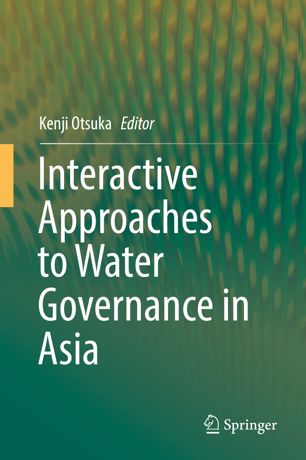

Most ebook files are in PDF format, so you can easily read them using various software such as Foxit Reader or directly on the Google Chrome browser.
Some ebook files are released by publishers in other formats such as .awz, .mobi, .epub, .fb2, etc. You may need to install specific software to read these formats on mobile/PC, such as Calibre.
Please read the tutorial at this link: https://ebookbell.com/faq
We offer FREE conversion to the popular formats you request; however, this may take some time. Therefore, right after payment, please email us, and we will try to provide the service as quickly as possible.
For some exceptional file formats or broken links (if any), please refrain from opening any disputes. Instead, email us first, and we will try to assist within a maximum of 6 hours.
EbookBell Team

4.8
24 reviewsThis book applies interactive perspectives, which have historically mainly been discussed in the context of Western European countries, to case studies on water governance in Asia. It examines how these perspectives can be used to reveal complex and dynamic interactions in water governance in Asia, and how interactions between policies and practices, as well as those between formal institutes and emerging informal institutes, come to pass. In two introductory chapters and seven case studies in Asia (two from China, and each one from Japan, Thailand, the Philippines, Indonesia, and India), the book reveals the interactive forms currently emerging in Asia under hierarchical but often fragmented administrative systems.
In addition, it explores emerging hybrid forms of interactive governance, which bring together governmental and non-governmental actors, and discusses how the expected role of government and roles of non-governmental actors could be changed to solve problems in a more cooperative manner. In this context, researchers from outside the locality could play an important role, helping facilitate such forms of interactive governance.
The book offers extensive information on the essential features of interactive forms, and on the role of such transdisciplinary approaches, making it a valuable resource not only for scholars and university students, but also for policymakers and grass-roots practitioners directly involved in the interactive process of water governance.